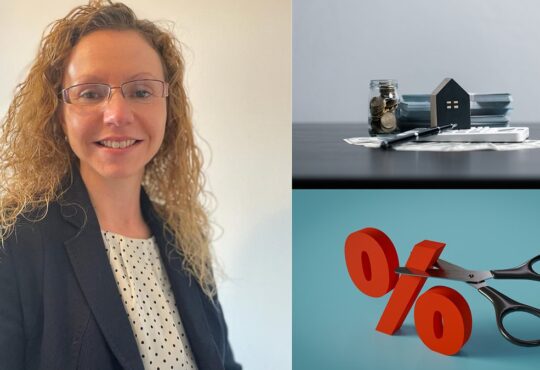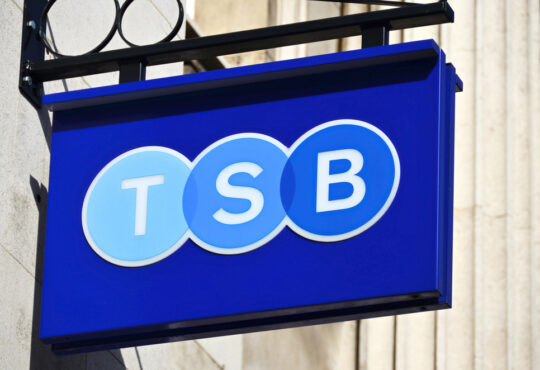
The number of households wanting to fix their mortgage rate for just two years has surged in 2024 as homeowners remain “optimistic” that rates will fall and they will be able to get better deals in 2026.
Most UK households are on fixed mortgages, where the interest rate and repayments are locked in for a set period of time, but previously, longer five-year fixes have been more popular than two-year ones.
From the start of 2019 to the end of 2023, the number of two-year products being taken out was lower than the number of five-year loans in every single quarter bar one, according to i analysis of UK Finance figures, and at times, the number of five-year products being taken out was more than double the number of two-year ones.
In the first three months of 2024, 83,880 mortgages of two years or less were taken out, compared to 83,010 five-year fixes. A year previously, just 50,020 mortgages of two-years or less were taken out, compared to 125,060 five-year ones.
Lenders and brokers have told i that households are opting for shorter deals because they are “optimistic” rates will go down in the next two years, and so when their two-year fixes are finished they can then move on to far cheaper deals, as opposed to being locked in for five years.
One lender, MPowered Mortgages, told i that in first six months of 2022, 21 per cent of fixed rate products selected by those moving home were for a two-year period, and this had nearly doubled to to 38 per cent in 2024.
“Demand for two-year fixed rates has doubled since summer of 2022. Growth in demand for two-year fixes is in part due to people becoming more optimistic about the prospect of rates coming down in the future,” said Stuart Cheetham, CEO of MPowered Mortgages.
“However, we would urge borrowers to remain cautious about the future direction of mortgage rates as there are no guarantees what rates will do, and history has taught us this. Speaking to a qualified financial adviser or a broker is crucial before making any decisions,” he added.
“Many of our clients are taking two-year fixes rather than five-year deals but this may change if five-year fixes continue to edge down and closer to 4 per cent,” explained Aaron Strutt of Trinity Financial.
Fixed rate mortgages are generally tied to swap rates, which are based on long-term predictions of what will happen to the Bank of England base rate.
At the moment, the base rate is at a 16-year high of 5.25 per cent, though there are predictions it could fall later this year.
Forecasters then generally expect it to continue falling next year as well.
Investors predict a fall to 4 per cent next year, but Capital Economics has suggested it could fall to 3 per cent, which would mean far lower mortgage rates than are currently available.
At the moment, five-year fixes are cheaper than two-year fixes. The average two-year fixed residential mortgage rate is 5.92 per cent and the average five-year mortgage rate today is 5.50 per cent, according to Moneyfacts.
But the advantage from getting a cheaper five-year deal could be wiped out if rates fall next year, and consumers are stuck paying five-year rates.







